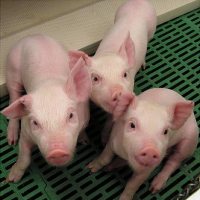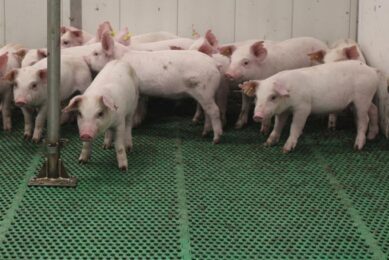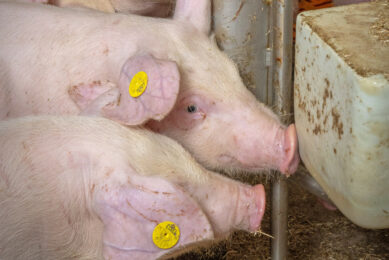New technologies to boost health of pigs

In a series of European and global initiatives, an array of new technologies, including genetic modification (GM) and RNA Interference, are now being deployed to improve the health of farm animals.
At a recent workshop organised by the European Science Foundation (ESF), the ground was laid for a European platform to develop new treatments that exploit these technologies. Interlocking themes were highlighted underlying the debate over livestock disease research, following a series of high profile epidemics and pandemics over the last two decades, including foot and mouth disease and PRRSV, coupled with the public relations problems facing GM technologies.
Restore confidence in GM technology
It has been reported that under the banner of GM it is clear that have the potential to provide disease resistance with huge benefits for human health, animal welfare, and the agricultural sector, but only if public confidence can be restored.
A major issue with GM was that it was deployed too soon with inefficient, inaccurate technology, and often for the wrong reasons, to benefit farmers and pharmaceutical companies rather than consumers. But the technical limitations are being overcome through new methods highlighted at the ESF workshop.
At the same time GM technologies are being redirected towards animal health and welfare. “The use of GM in farm species has been to-date focussed on high value products (e.g. animal bioreactors producing pharmaceuticals in milk). In the future much more effort will be applied to improve the health and welfare of animals through GM technology, with a second important topic being the generation of more appropriate animal models of human disease to enhance the development of better disease intervention strategies,” said Bruce Whitelaw, Head of Developmental Biology at the Roslin Institute and Royal (Dick) School of Veterinary Studies, Scotland.
RNA Interference
There has already been some success employing GM techniques to engineer disease resistance in animals. In the case of viral disease, however, other techniques apart from GM may be appropriate, such as the huge potential of RNA Interference, which was discussed at the conference. Here, the ability of viruses to produce the proteins they need for replication from the genetic information encoded in their RNA is blocked. This could help prevent pigs contracting a range of porcine diseases.
Related website:
• ESF











